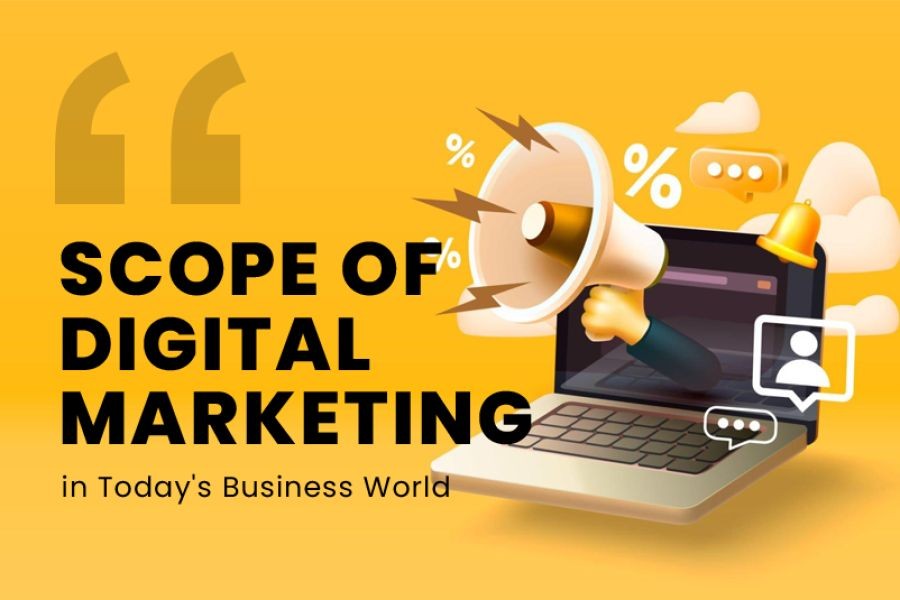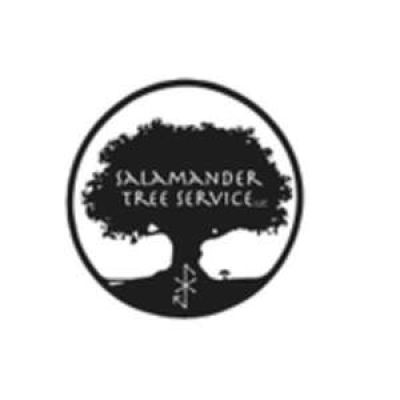Imagine a small New Zealand-based artisan coffee brand attempting to penetrate the US market using its tried-and-true digital marketing strategies. The results? Underwhelming. Why? Because the digital marketing landscapes in New Zealand and the US are fundamentally different, shaped by unique consumer behaviors, economic conditions, and technological advancements. Understanding these differences can mean the difference between success and stagnation for businesses looking to expand their reach.
In New Zealand, digital marketing strategies are heavily influenced by local trends and policies. According to Stats NZ, over 80% of Kiwis engage in online shopping, making e-commerce a vital component of any marketing strategy. Meanwhile, the US market is characterized by its sheer size and diversity, necessitating a more segmented and data-driven approach. This article delves into the nuances of digital marketing in these two distinct markets, offering insights and strategies for businesses aiming to capitalize on their unique opportunities.
What’s your take on the digital marketing strategies in New Zealand and the US? Share your insights below!
Understanding the New Zealand Digital Marketing Landscape
New Zealand's digital marketing scene is closely tied to its local culture and consumer behaviors. The country's small population and close-knit communities create a marketing environment where personalization and community engagement are paramount. According to MBIE, New Zealand businesses are increasingly investing in digital channels, with a focus on building strong customer relationships through social media and content marketing.
Case Study: Allbirds – The Path to Eco-Friendly Success
Problem: Allbirds, a sustainable footwear brand founded in New Zealand, faced the challenge of breaking into the competitive US market without compromising its eco-friendly ethos.
Action: By leveraging digital storytelling and emphasizing its sustainable practices, Allbirds engaged US consumers through targeted social media campaigns and collaborations with eco-conscious influencers.
Result: The strategy paid off, with Allbirds achieving a 50% increase in US sales in just 12 months, demonstrating the power of aligning digital marketing with brand values.
Takeaway: New Zealand businesses can succeed in larger markets by integrating core values into their digital marketing strategies, resonating with consumers on a deeper level.
Data-Driven Strategies in the US Market
The US digital marketing industry is characterized by its reliance on data analytics and technology. With a vast and diverse consumer base, US businesses often employ sophisticated data-driven approaches to tailor their marketing efforts. According to a report by Deloitte, US companies that utilize data analytics in their marketing strategies see a 20-30% improvement in conversion rates.
Contrasting Viewpoints: Personalization vs. Privacy Concerns
In both New Zealand and the US, the debate between personalization and privacy is intensifying. On one hand, personalization leads to higher customer engagement and satisfaction. However, privacy concerns, especially with the implementation of regulations like GDPR, raise challenges for marketers.
Advocate View: Personalized marketing can boost conversion rates by up to 40% (Source: NZ Business Insights 2025).
Critic View: Privacy concerns may alienate customers who feel their data is being misused (Source: Consumer NZ 2024).
Middle Ground: Implementing transparent data usage policies and obtaining explicit customer consent can balance personalization with privacy concerns.
Pros and Cons of Digital Marketing Strategies
Pros:
- Higher ROI: Businesses embracing digital marketing report a 30-50% increase in revenue.
- Scalability: Digital marketing strategies can be easily adapted to suit businesses of all sizes.
- User Engagement: Personalized content leads to higher conversion rates and customer retention.
Cons:
- Initial Costs: Significant investment is required upfront before reaping the benefits.
- Privacy Issues: Concerns over data protection can deter consumers.
- Resource Intensive: Continuous monitoring and optimization are necessary for sustained success.
Common Myths & Mistakes
Myth: "Digital marketing is only for large businesses."
Reality: Small and medium-sized enterprises (SMEs) in New Zealand have successfully utilized digital marketing to reach niche audiences and increase sales (Source: MBIE).
Myth: "Social media marketing guarantees instant success."
Reality: While social media can be powerful, it requires a strategic approach and consistent engagement to deliver results.
Final Takeaways & Call to Action
- New Zealand businesses can leverage their unique values to resonate with global audiences.
- Data-driven strategies in the US market can provide significant competitive advantages.
- Balancing personalization with privacy is crucial for sustainable success.
Are you ready to transform your digital marketing strategies? Share your thoughts and strategies in the comments below!
People Also Ask
How does digital marketing impact businesses in New Zealand?
NZ businesses leveraging digital marketing report 25%+ higher customer retention, according to Stats NZ. Adopting digital strategies enhances engagement and revenue.
What are the biggest misconceptions about digital marketing?
One common myth is that digital marketing is only for large businesses. However, research from MBIE shows SMEs in NZ benefit significantly from digital strategies.
What upcoming changes in New Zealand could affect digital marketing?
By 2026, policy updates in e-commerce could shift the digital marketing landscape—stay ahead by adopting data-driven approaches.
Related Search Queries
- New Zealand digital marketing trends 2024
- US digital marketing strategies
- Personalization in digital marketing
- Privacy concerns in digital marketing
- New Zealand e-commerce growth
- Data-driven marketing strategies
- Social media marketing challenges







































SelinaSper
1 month ago